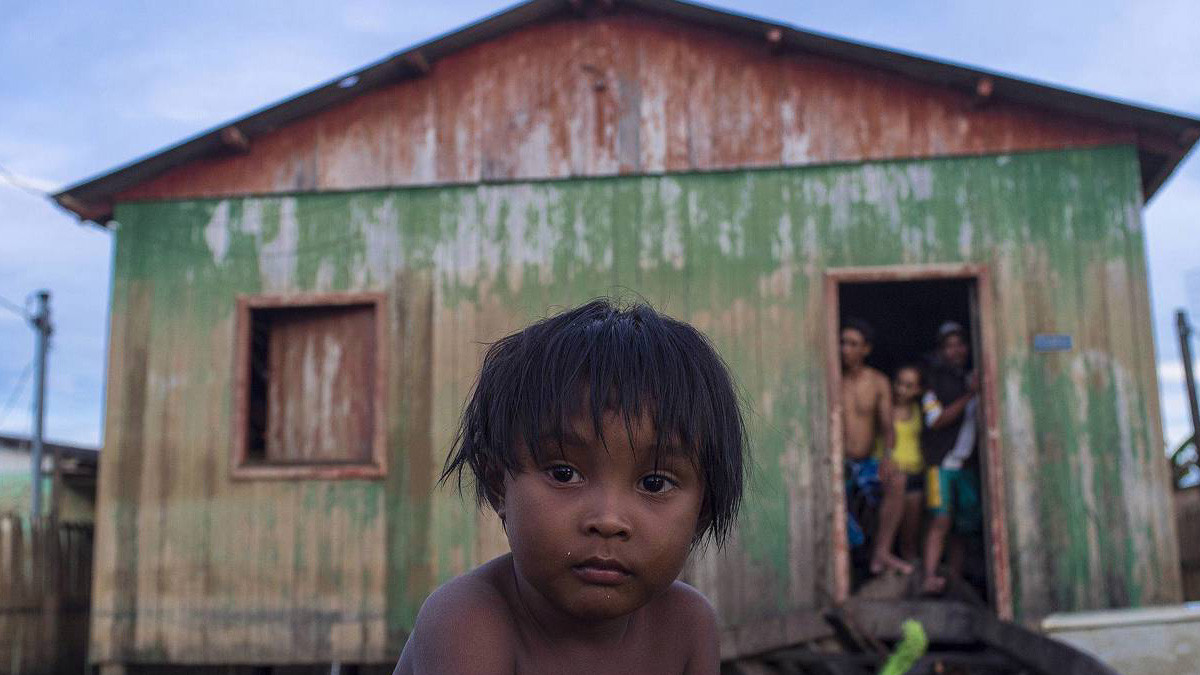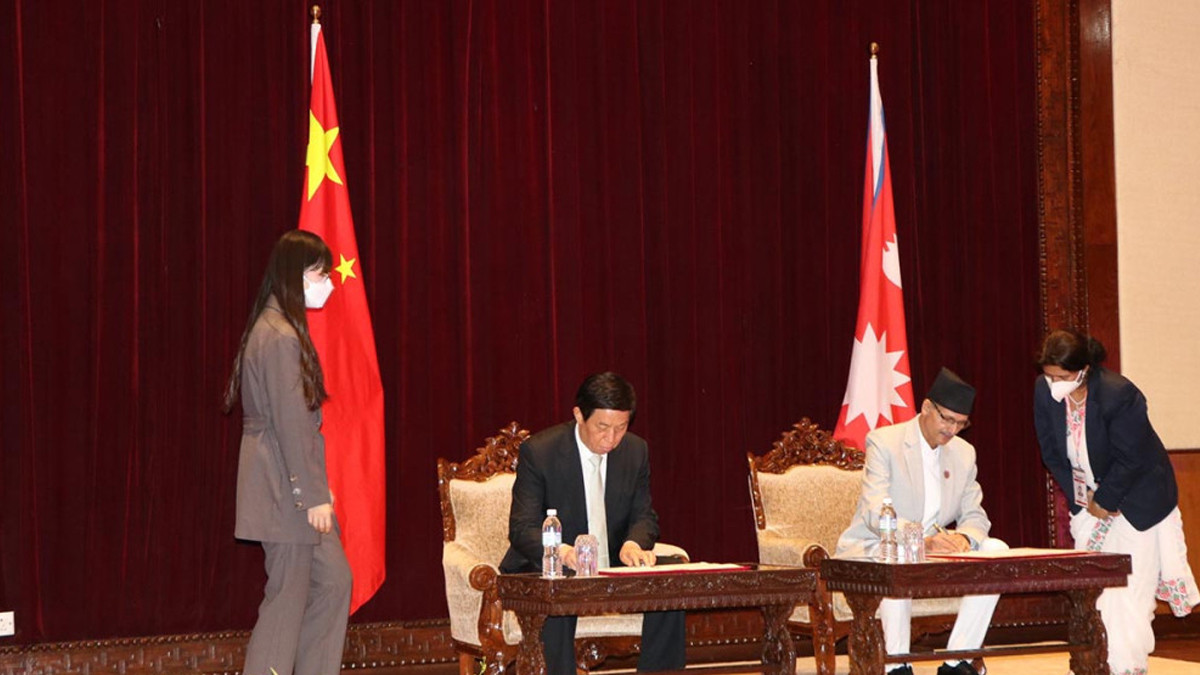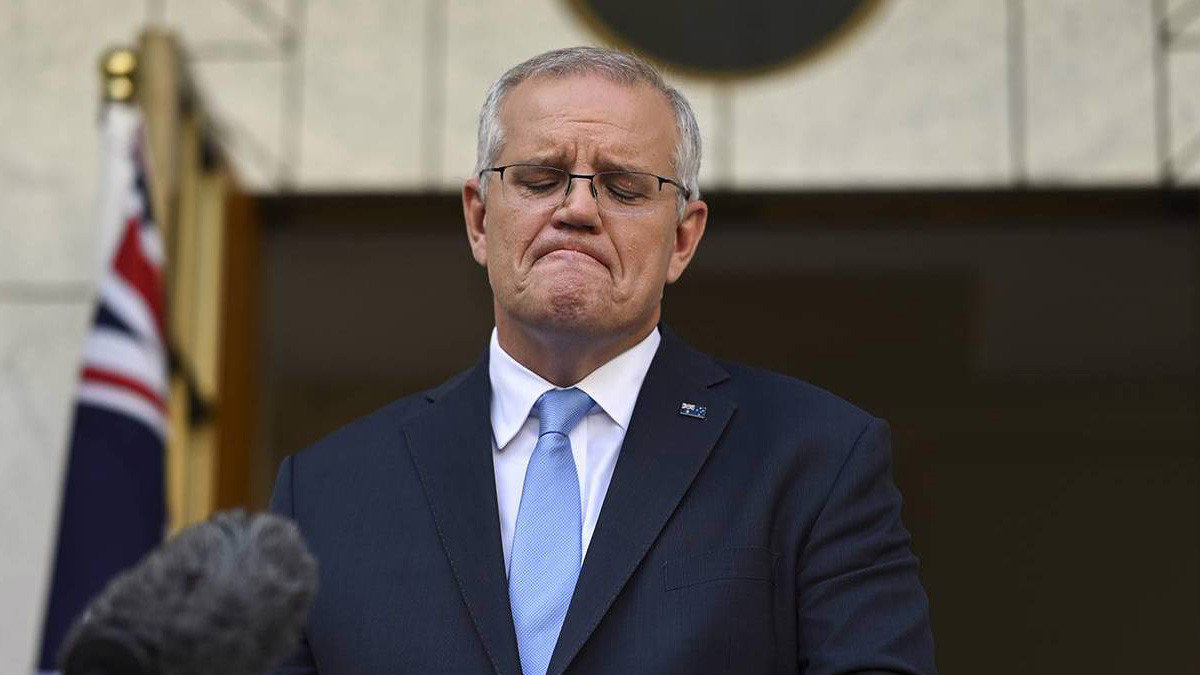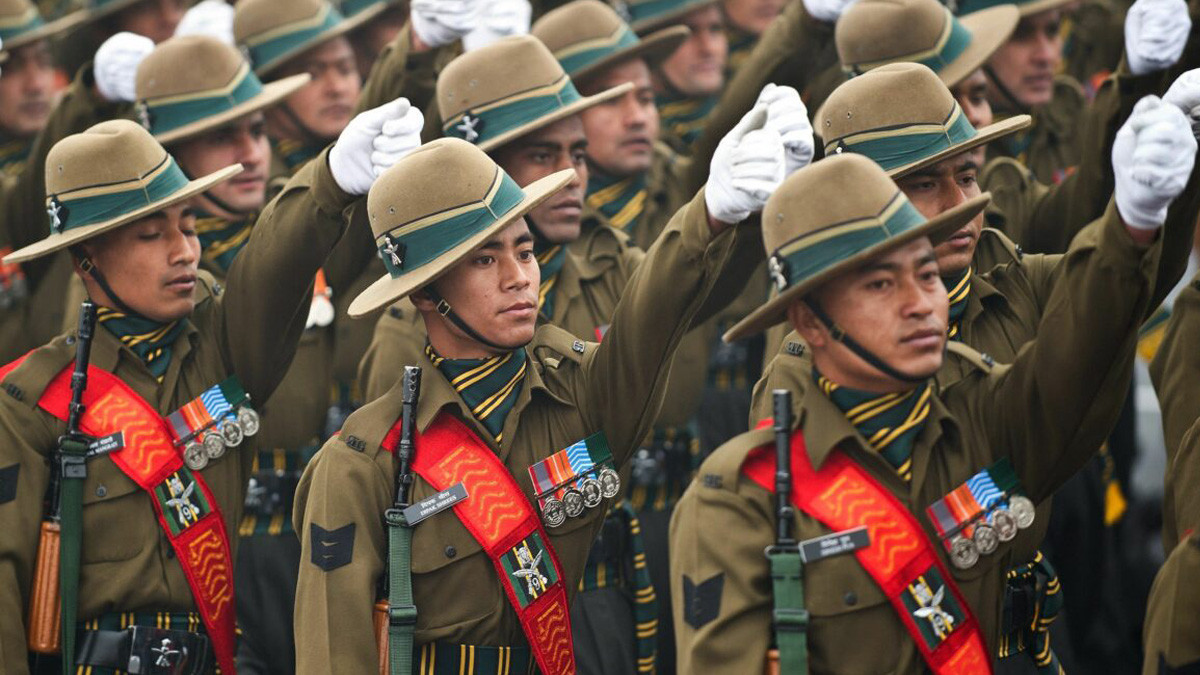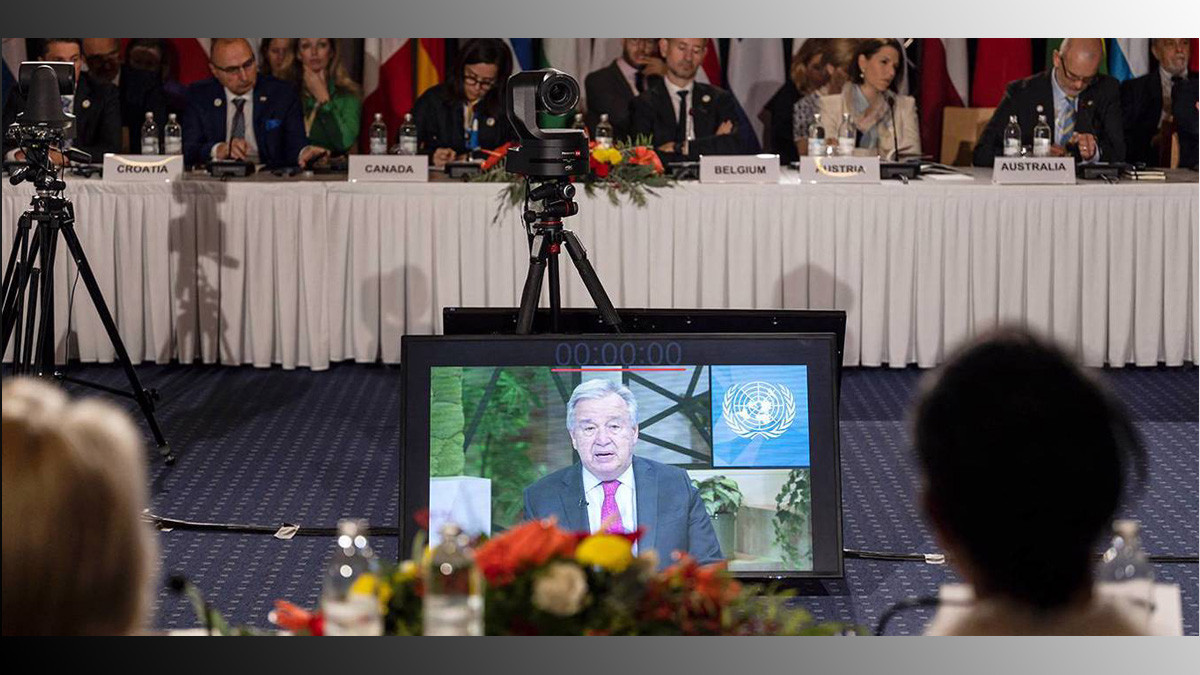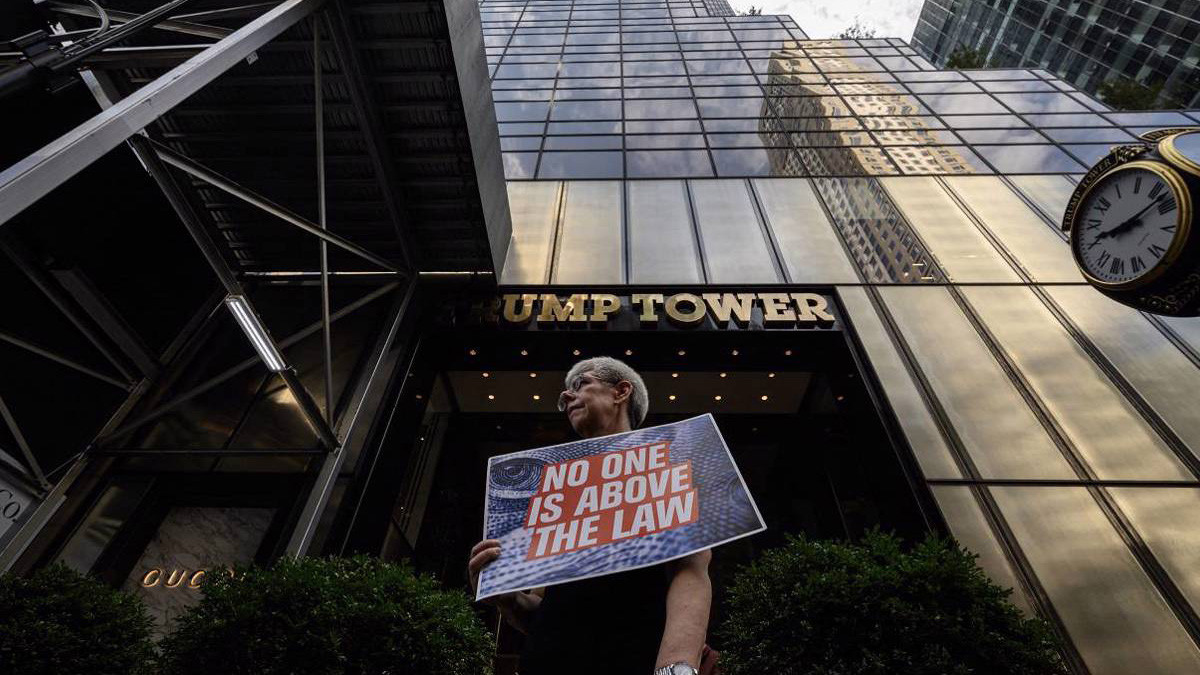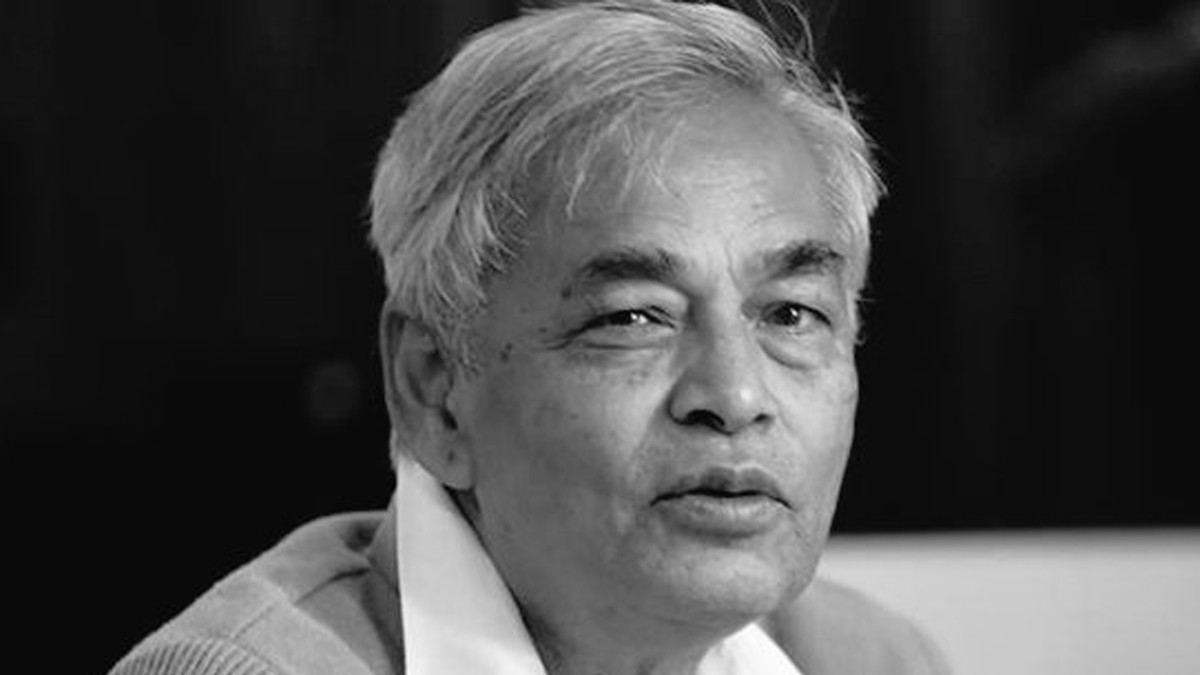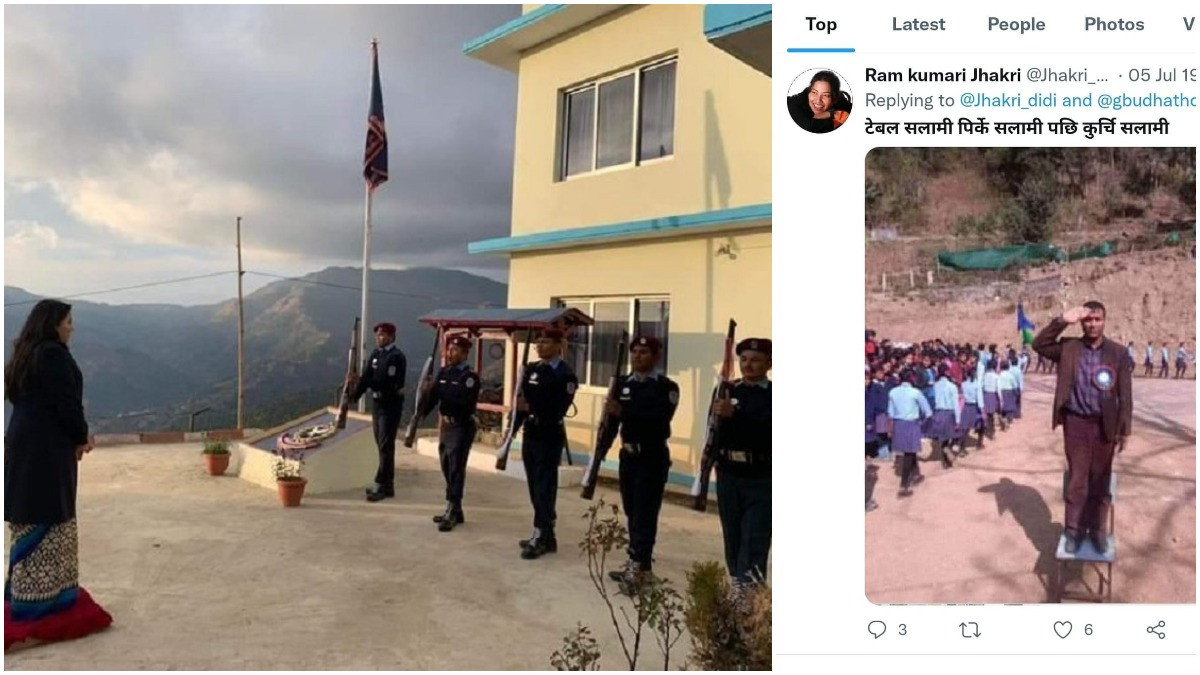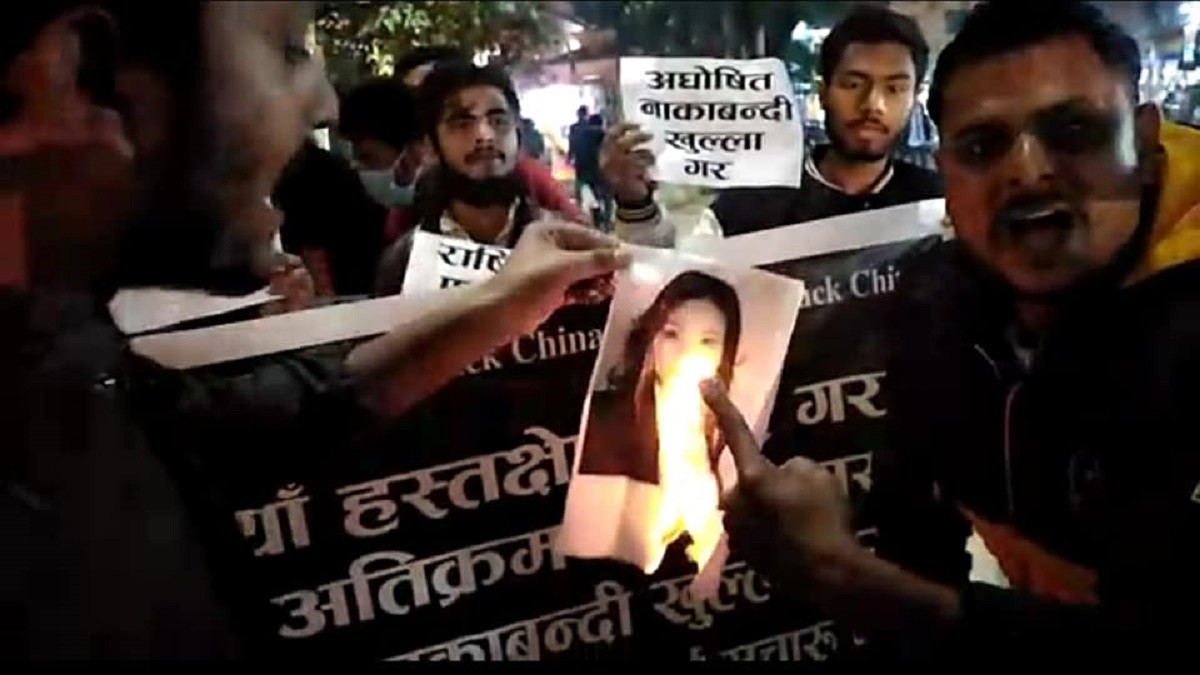
China’s interference in Nepal's internal affairs has been increasing gradually over time with a view to influence Nepal’s domestic politics and economy. This ranges from the Chinese Ambassador in Kathmandu, Hou Yanqi deciding the contours of decisions taken by the then ruling Communist Party of Nepal (CPN) government, to putting in place an undeclared blockade on the borders and using the Belt and Road Initiative (BRI) as a pressure point to get Nepal to agree to China’s conditions. It is therefore, but natural that the Nepalese people have held numerous anti-China protests. People’s sentiments have been further aggravated by China’s encroachment of Nepalese territory at various places along the border. The scale and intensity of China’s meddling in Nepal’s internal affairs has thus intensified in the last several years, leading to a pushback by China.
In January 2022, the Rashtriya Ekta Abhiyan held demonstrations against China in Biratnagar, Morang and Janakpur. Civil society has been protesting excessive Chinese interference in Nepal’s internal affairs and the encroachment of Nepali territory at various places. Members marched from Mahendra Chowk to Bhatta Chowk in Biratnagar and raised slogans against Chinese ‘expansion’ and its undue interference in top Nepalese political circles. They also burnt pictures of Chinese President Xi Jinping during the demonstrations. Earlier, the Rashtriya Ekta Abhiyan had held similar protests and burned pictures of Hou Yanqi, Chinese Ambassador to Nepal in Kathmandu. The protesters had chanted slogans against Yanqi and demonstrated placards that read ‘Go Back China’.
Protests in Kathmandu and other regional centres saw demonstrators carrying placards with slogans such as “Down with China government”, “Stop Chinese intervention”, “Stop border encroachment”, “Ensure safe passage to Nepali students studying in China”, and so on. The protestors also criticised China for interfering in Nepal’s political as well as economic spheres and encroaching Nepal’s land in different northern districts, including Humla. Troubled by the protests, the Chinese Embassy in Kathmandu released a statement in defence. The spokesperson, Wang Xiaoling said (13 January 2022) in the statement on the recent protests in Nepal, which reads: “China and Nepal are traditional friendly neighbours. China unswervingly adheres to the Five Principles of Peaceful Coexistence, respects Nepal's sovereignty and territorial integrity, and develops bilateral friendly relations on the basis of equality, mutual benefit, and non-interference in each other's internal affairs.” The statement also said that it considered Nepal as an important partner of the BRI and did not attach any political conditions to its aid to Nepal.
The Chinese Embassy spokesperson claimed that both countries had maintained good communication on border related affairs and hoped “the Nepali people would not be misled by individual false reports”. Reacting to the issue of the protests against the blockade imposed on Nepal, Xiaoling said, “The Chinese side opened one-way cargo transportation to Nepal by overcoming great difficulties and has continuously enhanced the ports' cargo handling capacity, which played an important role in ensuring the supply of anti-pandemic and livelihood materials in Nepal.” Since the visit of Chinese President Xi Jinping to Nepal in October 2019, the country has been witnessing an increasingly assertive Beijing, trying to dictate the political and governmental agenda in Nepal. Reports mention that Nepal is the only country where China wields a certain kind of leverage. However, the situation for China became difficult after K.P. Sharma Oli resigned as Prime Minister of Nepal in July 2021.
While the last decade witnessed growing Chinese interest in Nepal’s economy and geostrategic location, as well as enlisting its support for its regional ambitions of dominance, it was around 2018 that the imprints of Chinese meddling in Nepali politics became clear. The Chinese Embassy in Kathmandu had played a distinct role in the merger of Nepal’s communist parties: the Communist Party of Nepal (Maoist-Centre) led by Prachanda and the Communist Party of Nepal (Unified Marxist–Leninist) led by K.P. Oli. Their merger into a single entity, the Nepalese Communist Party (NCP), was preceded by the victory of the alliance in the 2017 election.
Subsequently, China managed to wield considerable sway over the NCP government. PM Oli was well known for his pro-China tilt. While disagreements and power tussles regularly surfaced between the two NCP factions, China’s Ambassador Hou Yanqi mediated to ensure the continuity of the combined front. The Nepalese media even asked if China was micromanaging Nepal’s politics. During President Xi Jinping’s visit to Nepal, over twenty agreements were signed, but it is very difficult to say in what way Nepal has gained. The Chinese have built road and rail connectivity to Nepal for their own benefit. This asset helps to make its presence felt in different parts of Nepal and provides it access to the India-Nepal border.
Nepal’s northern neighbour has also shown apathy towards Nepali students who are yet to complete their medical degrees from Chinese Universities. Jitendra Yadav, the Morang Coordinator of the group of affected students said that they held protests to make the society and the government realize China’s overarching interference in Nepal’s internal affairs. The denial of entry into China of more than 225 Nepali students pursuing their medical education to complete their course is another aspect of China’s attitude towards Nepal in recent years. The Chinese are not accepting the vaccination certificates of these students, though, ironically, most of them have been vaccinated with Chinese Vero Cell vaccines. To complicate matters, the Nepal Medical Council (NMC) is not allowing those students, who have completed their MBBS, to do internship/house surgeonship in Nepal. These students had returned to Nepal after China imposed a lockdown to curb the spread of Covid-19.
This then is the sad story of China’s goodwill in Nepal. It is also a lesson for Nepal, which under the NCP tried to balance ties between China and India. A nation is free to make its foreign policy decisions, but those taken at the expense of the country’s security create complications that can be detrimental. The wave of anti-Chinese protests in Nepal demonstrates the challenges of allowing China unfettered access. The consequences of these actions are there to see in every realm of political and economic activity in Nepal. This fundamental point must be driven home!

